US President Donald Trump has signed an executive order sanctioning still unnamed officials at the International Criminal Court, a tribunal established the in Dutch city of The Hague in 2002 to prosecute genocide, war crimes, and other major infractions under international law.
Late last year, after months of build-up, the ICC had issued arrest warrants for Israeli Prime Minister Benjamin Netanyahu and former Minister of Defense Yoav Gallant, along with several now reportedly deceased Hamas officials, for alleged war crimes and crimes against humanity in the Gaza Strip.
On Thursday night, Donald Trump accused the ICC of “illegitimate and baseless actions targeting America and our close ally Israel” over the arrest orders, which also prompted soul-searching in countries like Germany over whether they would actually detain Netanyahu should he enter the country to visit. The ICC does not have formal enforcement mechanisms and relies on signatory states to make arrests when warrants are issued.
Trump spoke of “tangible and significant consequences on those responsible for the ICC’s transgressions,” including possible blockage of property and assets in the US, as well as a potential travel ban for ICC officials and staff plus their family members. “Entry into our nation would be detrimental to the interests of the United States,” he argued without providing evidence.
How did the rest of the world react?
Within hours, close to 80 countries including France, Germany, Mexico, and South Africa had slammed the move in a joint statement.
“Such measures increase the risk of impunity for the most serious crimes and threaten to erode the international rule of law, which is crucial for promoting global order and security,” the states wrote on Friday.
“Moreover, sanctions could jeopardize the confidentiality of sensitive information and the safety of those involved — including victims, witnesses, and court officials, many of whom are our nationals,” they warned.
European Council President, Antonio Costa, who heads the summits of EU leaders, said that sanctioning the ICC “undermines the international criminal justice system as a whole.” But the European Union (EU) is not united on the matter.
Hungary was one of the few voices to back Trump, with Hungarian Foreign Minister Peter Szijjarto taking to Facebook to defend Trump’s decision as “entirely understandable.”
“The ICC has recently turned into a biased political tool and has discredited the entire international judicial system,” Szijjárto said.
German Chancellor Olaf Scholz, meanwhile, has cautioned that using sanctions was the “wrong tool” for the situation. “They jeopardize an institution that is supposed to ensure that the dictators of this world cannot simply persecute people and start wars, and that is very important,” Scholz commented.
Where does Trump’s sanction order leave ICC?
For its part, the ICC vowed to carry on its work undeterred. In a terse statement, the ICC accused Trump of seeking to “harm [the court’s] independent and impartial judicial work.” The court would continue to provide “justice and hope to millions of innocent victims of atrocities across the world,” it said.
But according to Mark Klamberg of Stockholm University, Trump’s executive order could have broader ramifications, because it could potentially be used against anyone engaged in ICC efforts.
“It could hit other people as well, possibly creating a more general fear of working with the court,” the international law expert, who is also affiliated with the American University Washington, told DW.
Although the US is not a party to the statute of Rome, the treaty underpinning the ICC, the court relies on US cooperation in several situations to collect information for its investigations.
The US sanctions could potentially make ICC officials more cautious. But that caution is already in play: It took the pre-trial judges a “very long time” to issue the arrest order for Netanyahu and now-deceased Hamas figure Mohamed Deif, as Klamberg pointed out.
In a similar vein, the non-governmental organization Human Rights Watch warned of a potential “chilling effect” on the court’s work on Friday. “The ICC is a court of last resort, stepping in when national authorities are unable or unwilling to conduct genuine proceedings,” justice director Liz Evenson said in a statement, urging the ICC’s 125 signatory states to stand behind it.
What are Trump’s concerns really about?
Donald Trump’s feud with the court goes back further than Israel’s current war in Gaza.
In 2020, during his first tenure in the White House, he slapped punitive measures on then-top ICC prosecutor Fatou Bensouda. She had started investigations into alleged US war crimes committed in Afghanistan, and Israeli ones in the Palestinian territories. Those sanctions were later repealed under the presidency of Joe Biden.
The way the ICC works, nationals of countries that never ratified the treaty can still be prosecuted for crimes committed on the territory of state parties.
That is how the US faced a probe in Afghanistan, which is a signatory to the ICC, the expert explained. No US official has been charged to date, but Trump’s latest move could be an attempt to eschew future pressure.
“He might feel, from the US perspective, that if they can do this to Israel, they could do it to us in future,” Klamberg said.
Edited by: Maren Sass
#Trumps #sanction #order #leave #ICC

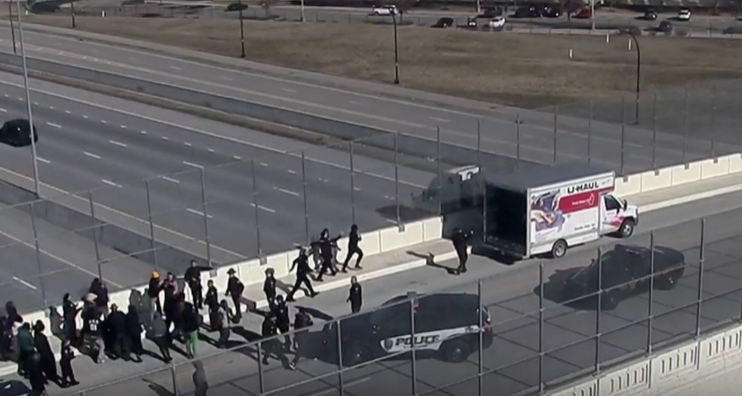
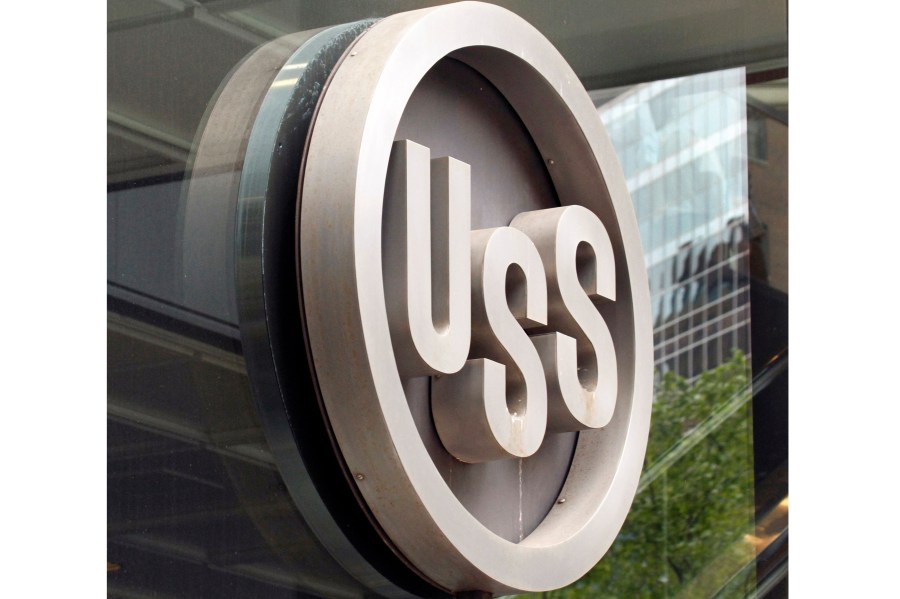
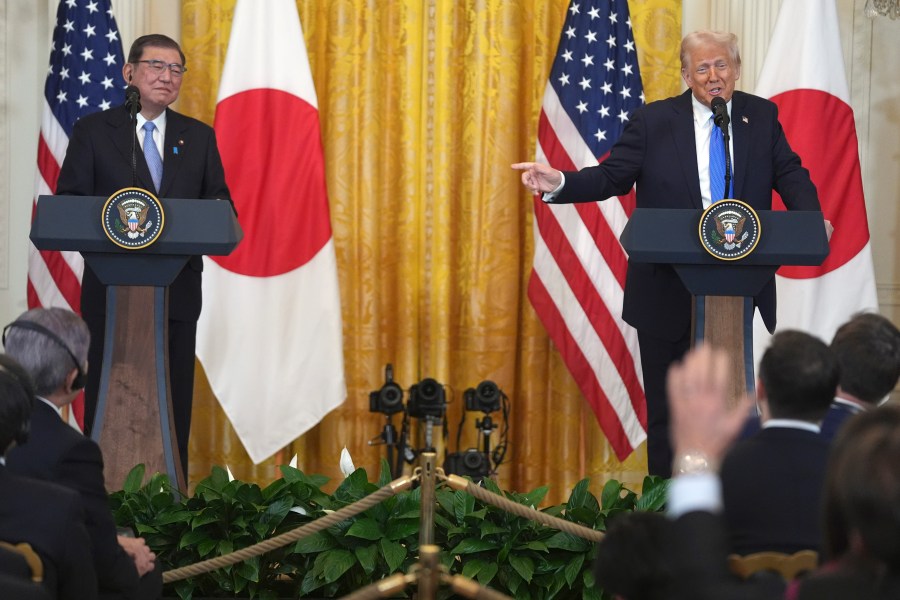




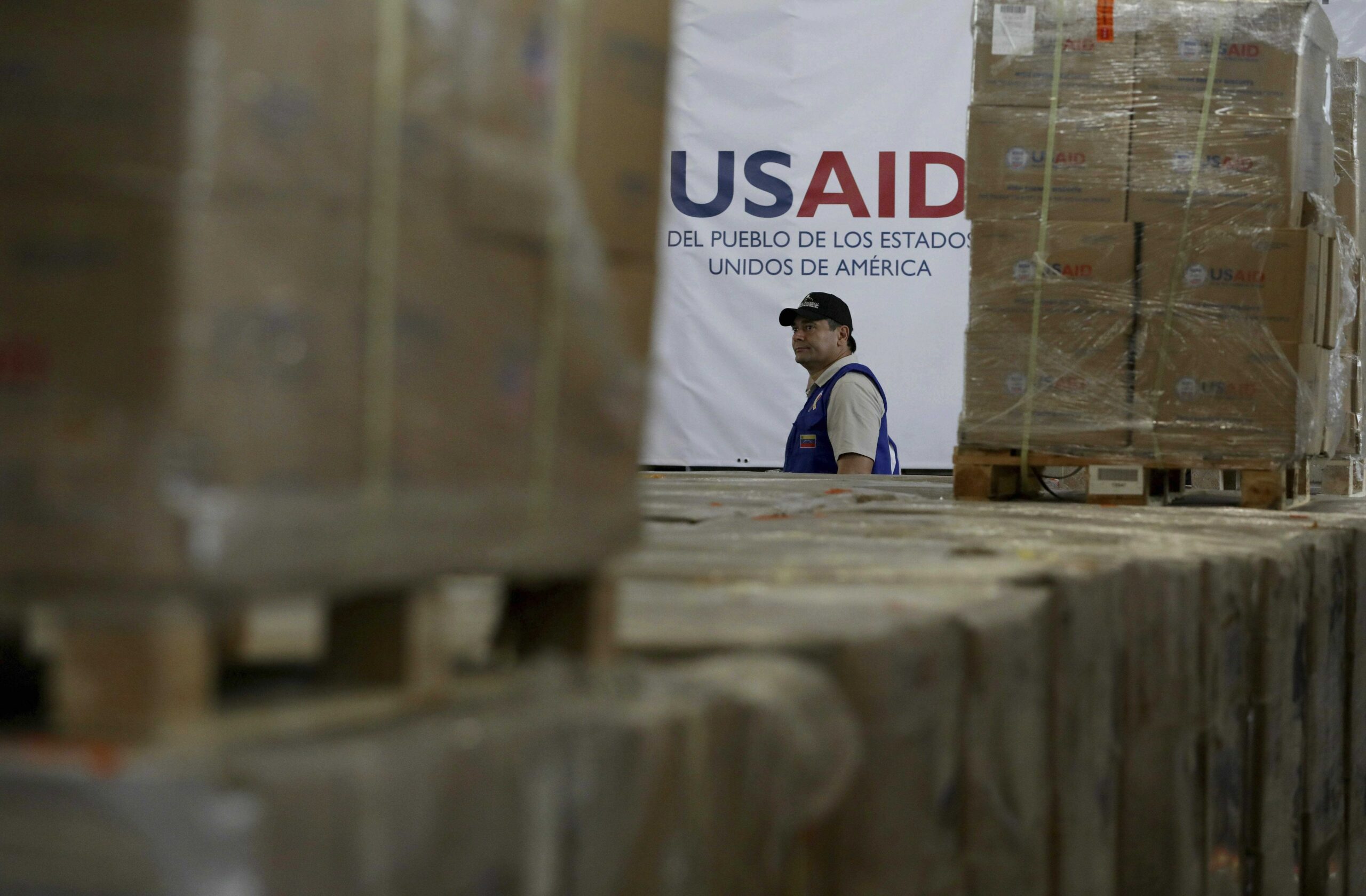

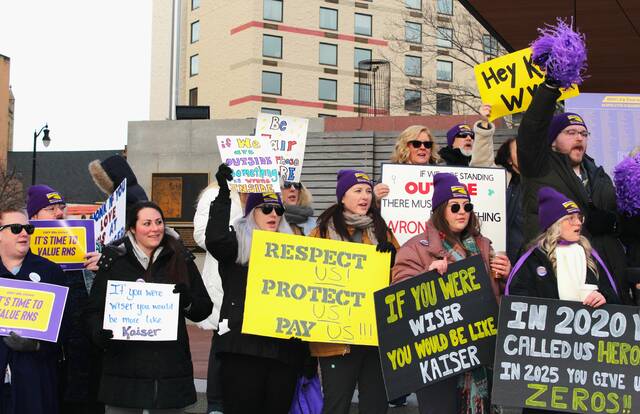
Leave a Reply